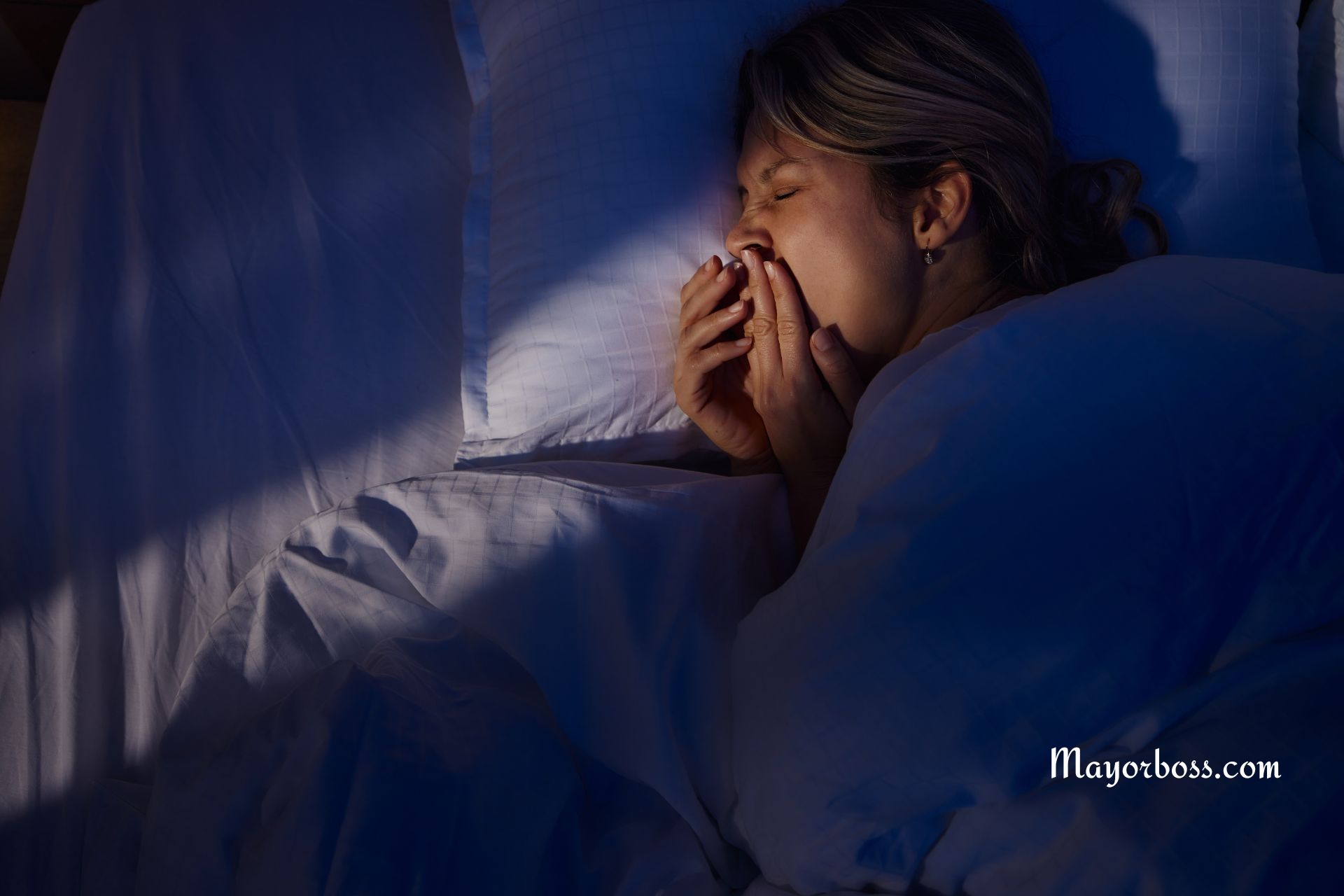How to Stop Peeing Every 2 Hours at Night?
Waking up frequently at night to pee can disrupt your sleep and affect your overall quality of life. This condition, known as nocturia, can have various causes, and, fortunately, several strategies may help you manage or reduce the frequency of nighttime bathroom trips. Let’s go through some steps you can take to stop peeing 5 times a night and potentially enjoy a more restful night’s sleep.

What is Nocturia?
First, it’s important to understand what nocturia is. Nocturia compels you to wake up several times during the night to urinate, often disrupting your sleep cycle. While it’s more common as you age, nocturia can affect anyone and may be a sign of an underlying health condition or lifestyle habit.
How to Stop Peeing Too Much In The Middle Of The Night
1. Limit Evening Fluid Intake
Try to reduce the amount of fluids you drink in the 2-3 hours before bedtime. This can help decrease the volume of urine your body produces at night. However, ensure you’re still drinking enough water during the day to stay hydrated.
2. Double-Voiding Before Bed
Try to empty your bladder completely before bed by urinating, waiting a few minutes, and then trying to urinate again. This technique, called double-voiding, can help reduce the need to get up in the middle of the night.
3. Avoid Diuretic Beverages in the Evening
Beverages like coffee, tea, and alcohol can increase urine production. Avoiding these in the evening can help reduce the need to urinate at night.
4. Elevate Your Legs
If swelling in your lower legs contributes to nocturia, elevating your legs in the evening can help. This encourages fluids that have accumulated in your legs during the day to circulate back into the rest of your body, potentially reducing nighttime urine production.
5. Monitor Your Salt Intake
Excessive salt in your diet can lead to fluid retention, which may contribute to nocturia. Reducing salt intake can help manage this issue.
6. Balance Fluid Intake
While it’s crucial to limit fluids before bed, also ensure you’re distributing your fluid intake evenly throughout the day. This helps prevent dehydration and reduces the likelihood of excess urine production at night.
7. Review Your Medications
Some medications act as diuretics, increasing urine production. If you suspect your medication is contributing to nocturia, discuss alternatives or timing adjustments with your doctor.
8. Bladder Training
Bladder training involves slowly prolonging the time between bathroom visits during the day to increase your bladder’s holding capacity. This method may also help reduce nocturia.
9. Manage Underlying Conditions
Conditions like diabetes, high blood pressure, or heart disease can contribute to nocturia. Managing these with the help of a healthcare provider can reduce nocturia episodes.
When to See a Doctor
If these strategies don’t improve your symptoms, or if you suspect your nocturia is due to an underlying health issue, it’s essential to consult a healthcare provider. They can offer further evaluation and treatment options tailored to your specific situation.
Frequently Asked Questions
Q1: Can drinking less water help with nocturia?
While it might seem logical, drinking too little water can lead to dehydration and potentially worsen nocturia. Instead, focus on balancing your fluid intake throughout the day and reducing it before bedtime.
Q2: Are there any specific exercises that can help reduce nocturia?
Pelvic floor exercises, such as Kegels, can strengthen the muscles that control urination and potentially reduce nocturia, especially if it’s due to a weak bladder or pelvic floor.
Q3: Is nocturia more common in older adults?
Yes, nocturia tends to be more common as you age due to natural changes in the body, such as decreased bladder capacity and changes in hormone levels that regulate urine production.
